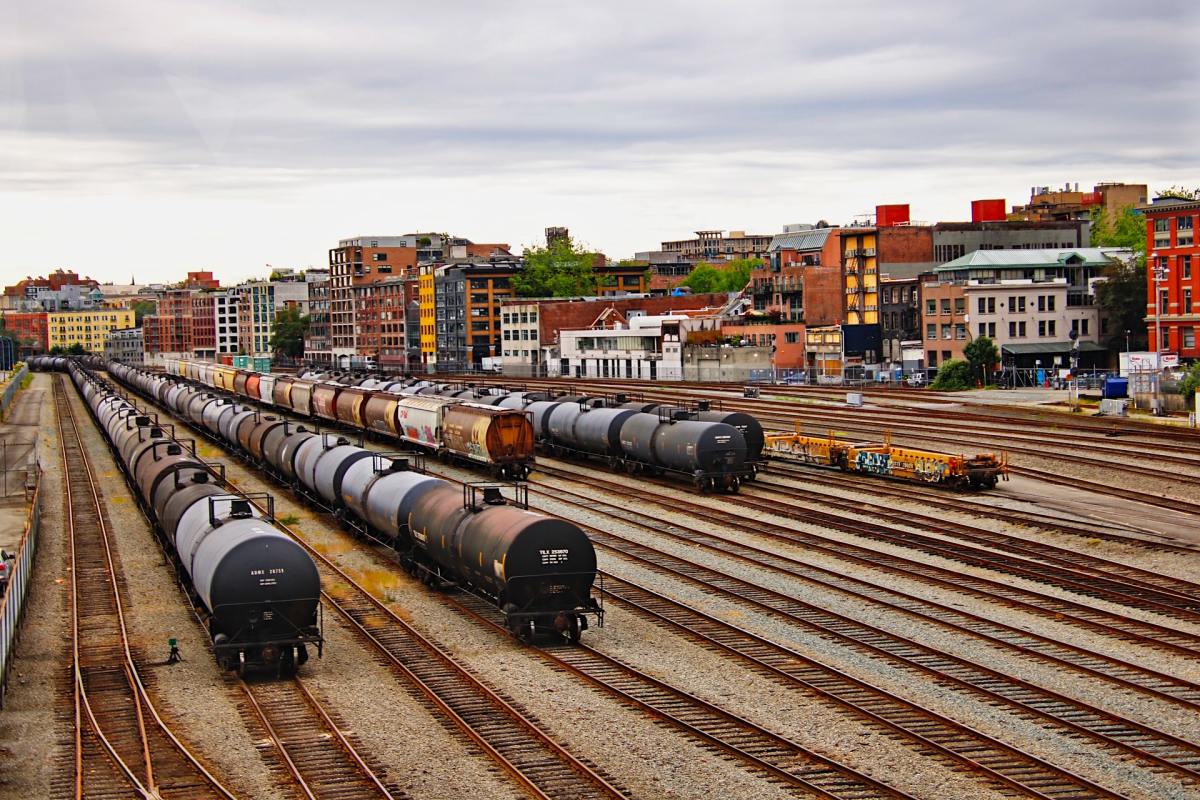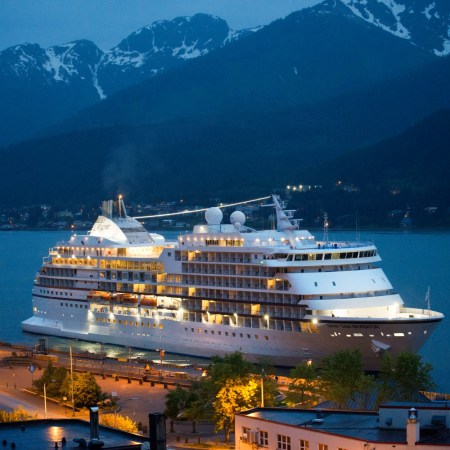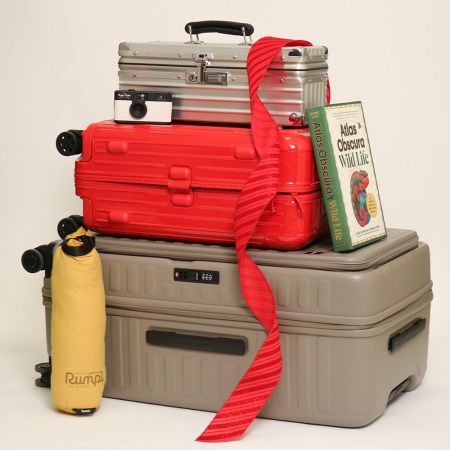In July 2013, a freight train carrying crude oil ran off the tracks in the small town of Lac-Megantic in eastern Quebec. As a result, it exploded, killing 47 people. The explosion also led to the destruction of 40 buildings and caused an abundance of oil to pollute the local environment. Among the causes, according to a 2018 BBC report, was “a lax safety culture at train company MMA.” That’s the Montreal, Maine and Atlantic Railway — which was purchased by a holding company a year after the tragedy.
A new article by Vice transportation reporter Aaron Gordon suggests that this accident wasn’t an isolated incident so much as it is a warning of what’s to come. Rail freight is seen by many as a valid alternative to transporting goods by trucks, especially in urban areas. But what happens when an industry has insufficient oversight regarding safety measures? That can lead to literal accidents waiting to happen.
Gordon’s article cites a 2017 derailing in Hyndman, Pennsylvania. No one was killed, but over a dozen of the cars that detailed contained hazardous materials; had things gone slightly differently, Hyndman might have been a tragedy on the same level as Lac-Megantic.
Many of the workers and experts Gordon spoke with raised alarms about Precision Scheduled Railroading, an approach to doing business which, depending on who you ask, is either about efficiency or dramatically cutting costs. The article offers a glimpse of an industry where workers have less time to inspect longer trains, and where those trains are serviced for maintenance less frequently. That’s an ominous combination — and it suggests that something needs to change, and soon.
Thanks for reading InsideHook. Sign up for our daily newsletter and be in the know.


















